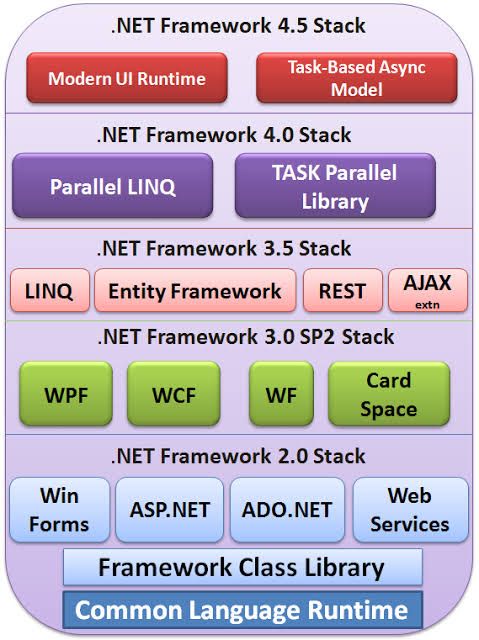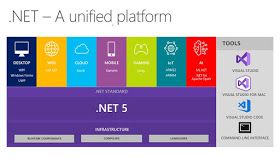All About .Net Framwork
May 10, 2019 • 20 views
What's going to happen going forward is quite interesting, because what follows after .NET Core 3.0 will not be .NET Core 4.0 but Microsoft may not have said it out loud, but it's become increasingly clear over the past couple of years that .NET Framework is on its way out. With the software giant focusing most of its attention of making .NET Core faster and beefier, its longstanding predecessor has been slowly neglected, receiving only smaller changes every now and then.
While some have argued that .NET Framework is not dead, is the only framework in Microsoft's .NET family to support desktop applications, it was only a matter of time before its younger brother would be ready to replace it. And it looks like that's going to (finally) happen this summer when .NET Core 3.0 launches. So, now, Microsoft is bracing developers for the inevitable — .NET Framework will indeed be put out to pasture.

"With the .NET Core 3.0 release in September 2019, we think that all "new" .NET applications should be based on .NET Core. The primary application types introduce and figure out what the best ways to proceed are. For one, it seems like a long overdue move. Yes, it may ruffle some feathers, but the benefits that Microsoft promises to bring and the potential that .NET 5 has to offer should make it a pretty popular choice with developers.

What's going to happen going forward is quite interesting, because what follows after NET Core 3.0 will not be .NET Core 4.0 but rather .NET 5. Yes, Microsoft is making yet another change in the ecosystem, making it clear that there will only be one .NET framework going forward for everyone to use in future apps. And if you're wondering why it's not called .NET 4, well, that's because it would be too similar to .NET Framework 4 in name, which has been around for quite a few years now.
The upcoming release will arrive sometime in late-2020, says Microsoft, and it will bring a slew of changes with it. As the evolution of .NET Core, .NET 5 will, of course, be cross-platform and offer what you would expect from .NET Core 3.0, but also make it better suited for Internet of Things and mobile platform development.
